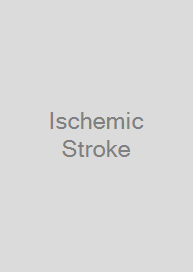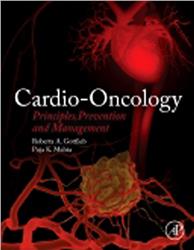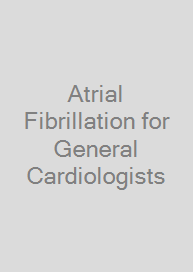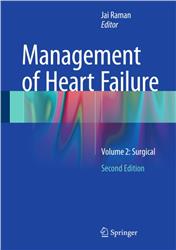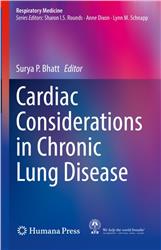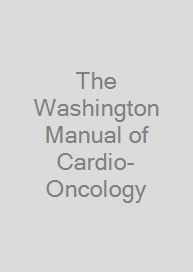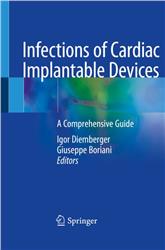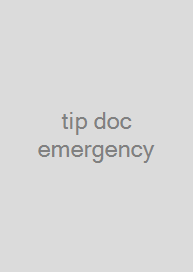Ischemic Stroke
Diagnosis and Treatment. Series Current Clinical Cardiology
| Auflage | 2018 |
| Seiten | 224 pp., 16 illus., 23 tab. |
| Verlag | Eurospan Group 3 Henrietta Street |
| ISBN | 9780813592572 |
| Artikel-Nr. | 602138 |
Lieferzeit ca. 5 Wochen
Produktbeschreibung
Stroke is the fourth leading cause of death in the United States and is a leading cause of adult disability and discharge from hospitals to chronic care facilities. Despite the frequency and morbidity of stroke, there is a relative paucity of “stroke experts” such as vascular neurologists and neurocritical care physicians to care for these patients. Often, cardiologists provide the majority of care. Clinical research in the diagnosis and treatment of stroke has grown exponentially over the past two decades so there is a great deal of new clinical information for attending physicians to absorb. Including evidence-based strategies, Ischemic Stroke closes the gap in stroke care by providing a cogent and intuitive guide for all physicians caring for stroke patients.
Chapters include key topics such as: Emergent Evaluation of the Suspected Stroke Patient, Clinical Signs and Symptoms of Stroke, Mechanisms of Ischemic Stroke, Neuroimaging, Cardiac-Based Evaluation, Thrombolytic Therapy, Endovascular Therapy, Critical Care Management, Rehabilitation, Cardiac Arrhythmias, and Structural Heart Disease.
Chapters include key topics such as: Emergent Evaluation of the Suspected Stroke Patient, Clinical Signs and Symptoms of Stroke, Mechanisms of Ischemic Stroke, Neuroimaging, Cardiac-Based Evaluation, Thrombolytic Therapy, Endovascular Therapy, Critical Care Management, Rehabilitation, Cardiac Arrhythmias, and Structural Heart Disease.

Bleiben Sie informiert!
Melden Sie sich für den frohberg.de-Newsletter an und nutzen Sie jetzt Ihre Vorteil:- Willkommens-Dankeschön: Beatmungsmaske Rescue Me
- Aktuelle Neuerscheinungen und Empfehlungen
- Exklusive Angebote und Kongress-Highlights
